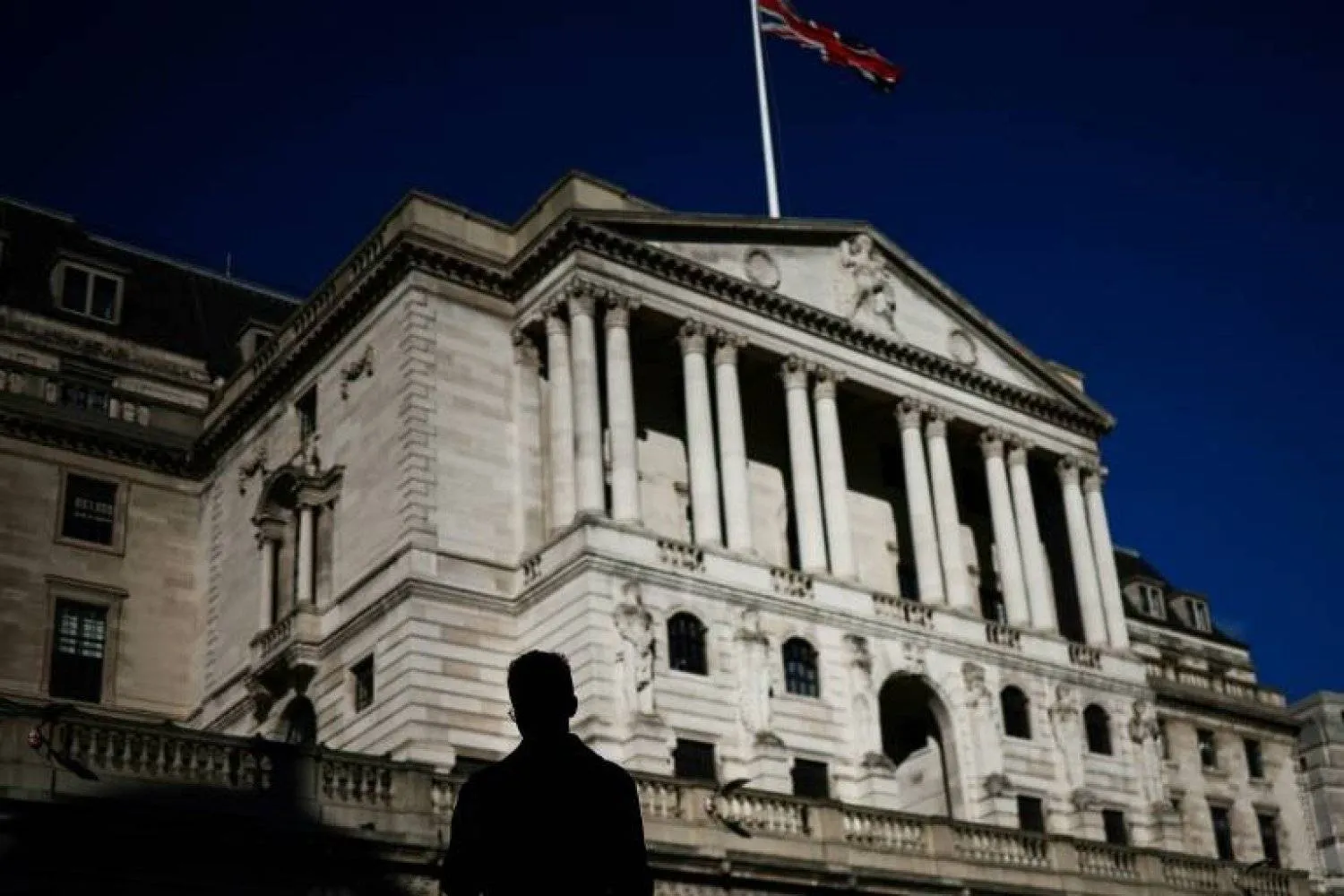Big investors are growing more confident about a comeback for neglected UK assets, with the Bank of England's move to cut interest rates from a 16-year high, burnishing the feel-good factor from the new British government's landslide election win.
The BoE cut rates by a quarter point to 5.0% on Thursday, in a decision markets had thought was on a knife-edge, Reuters reported Thursday.
The result, money managers said, signaled Britain's battle with weak growth and high inflation might be coming to an end just as an era of political turmoil and uncertainty was also potentially over.
Shaken for years by Brexit, successive leadership changes under the former Conservative government and by ex-Prime Minister Liz Truss' disastrous 2022 mini-Budget, UK stocks are weakly valued and government bonds are trailing US peers.
But while the BoE's policymakers voted 5-4 for a cut, showing deep division over whether inflation has been tamed, they also cheered investors by raising their economic growth projections.
"The unusual combination of a rate cut and an upgraded growth forecast should be a clear positive for markets," Principal Asset Management chief global strategist Seema Shah said.
"The UK today has fiscal policy that looks much more normal than in periods of crisis during the recent past and the macro (economic) backdrop looks better given growth is picking up," Lombard Odier macro strategist Bill Papadakis said.
"This development in monetary policy is really the cherry on the cake."
Papadakis said he had turned positive on UK stocks around the time former Prime Minister Rishi Sunak called the election in late May and would hold the position, predicting signs of weakness in British markets on Thursday were temporary.
Sterling briefly fell to its lowest in nearly a month after the decision, before recouping much of those losses to trade around 0.7% down on the day at $1.2772. Two-year gilt yields, the most sensitive to BoE policy, fell 11 basis points to 3.703%, while the FTSE 250 dipped 0.65% but was still close to its highest since early 2022.
BACK IN BUSINESS?
Investors have yanked money out of British equity funds for at least two years, according to Lipper data.
Although the FTSE 250 mid-cap share index has risen as much as Wall Street's mighty S&P 500 in the last three months, with an 8% gain, it is still valued at close to a record discount to the benchmark US index.
The international bond markets that price government's creditworthiness minute-by-minute have warmed to the UK, however, with the benchmark 10-year gilt yield almost a full percentage point lower year to-date at 3.874% as the security's price has risen.
Gilts are continuing their long-term trend of underperforming US Treasuries, but are starting to attract more interest.
Harry Richards, fixed income investment manager at Jupiter Asset Management, said he added UK government bonds to the largest funds he manages around three months ago, for the first time since the 2008 financial crisis.
"It was never something we found that attractive," he said, adding that he changed his view because he believed UK inflation would fall quickly and longer-dated gilts were undervalued.
International investors, he predicted, would come back to UK debt markets.
"The Liz Truss debacle led to a lot of foreign investors saying they didn’t want anything to do with UK fixed income," he said.
"International investors can now feel more comfortable."
CHAOS NO MORE
Labor leader Keir Starmer achieved a historic election majority for his the left-of-center party in July after pledging to rebuild wealth and crumbling infrastructure.
Starmer and his finance minister Rachel Reeves have also promised not to increasing borrowing for day-to-day spending, having inherited a national debt pile approaching 100% of economic output.
"Reeves is treading very carefully and the gilt markets like that," said Jason Simpson, fixed income strategist at State Street's SPDR ETF business.
He added that this situation was febrile, with bond investors still twitchy about the cautious tone changing.
Shamil Gohil, a fixed income manager at Fidelity International, said he was positive on UK gilts, but viewed Reeves' first Budget in October as a major risk event.
STERLING SHIMMERS
In terms of short-term currency speculation at least, bullishness on Britain is high. Sterling is this year's top performing currency against the US dollar and hedge funds and other traders are sitting on their largest ever derivatives bet that the pound will rise, data from the US markets regulator showed.
Thursday's rate cut was unlikely to dent sterling's allure, because UK rates at 5% remained relatively high and Britain's political, growth and inflation outlooks were better, said April LaRusse, head of investment specialists at Insight Investment.
"I don’t think this is the beginning of some repricing of sterling. I think on the whole the UK looks pretty attractive.”
Bank of England Rate Cut Boosts Comeback Factor for UK Markets

The risk of a resurgence in inflation and the July 4 election are seen as keeping the Bank of England from starting to cut rates at its Thursday meeting ( AFP)

Bank of England Rate Cut Boosts Comeback Factor for UK Markets

The risk of a resurgence in inflation and the July 4 election are seen as keeping the Bank of England from starting to cut rates at its Thursday meeting ( AFP)
لم تشترك بعد
انشئ حساباً خاصاً بك لتحصل على أخبار مخصصة لك ولتتمتع بخاصية حفظ المقالات وتتلقى نشراتنا البريدية المتنوعة







